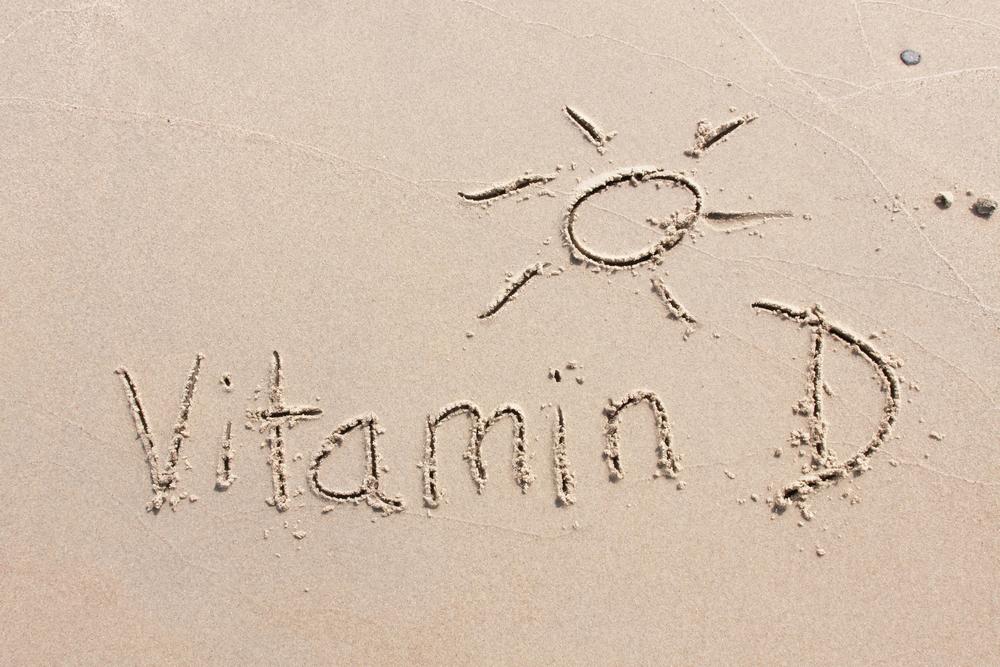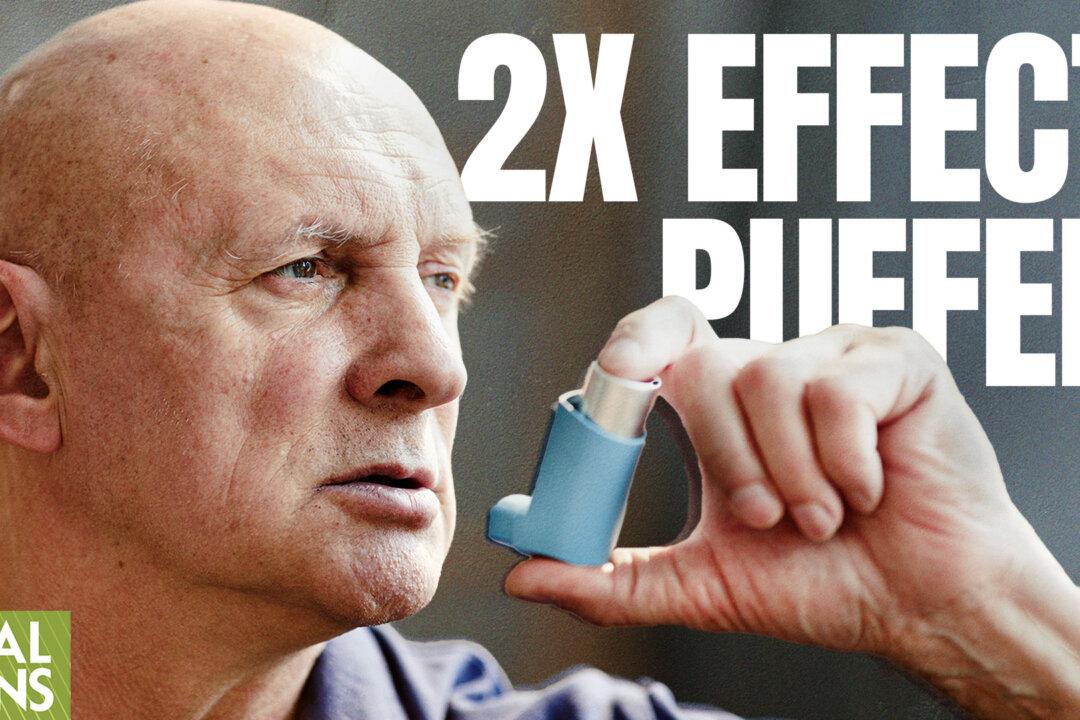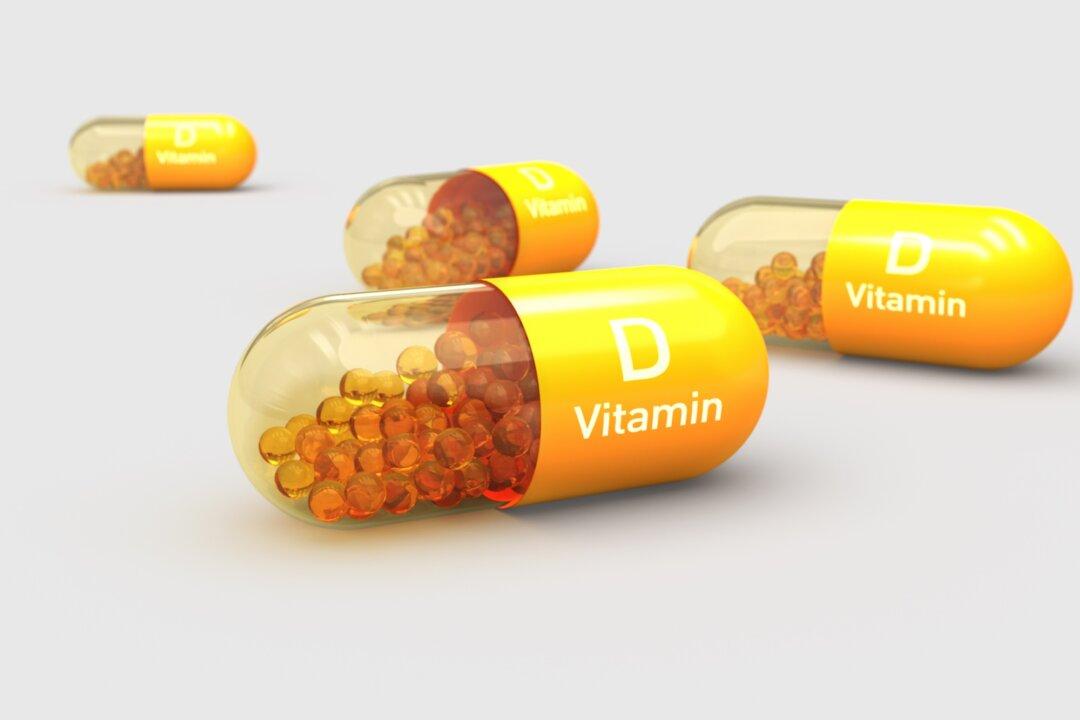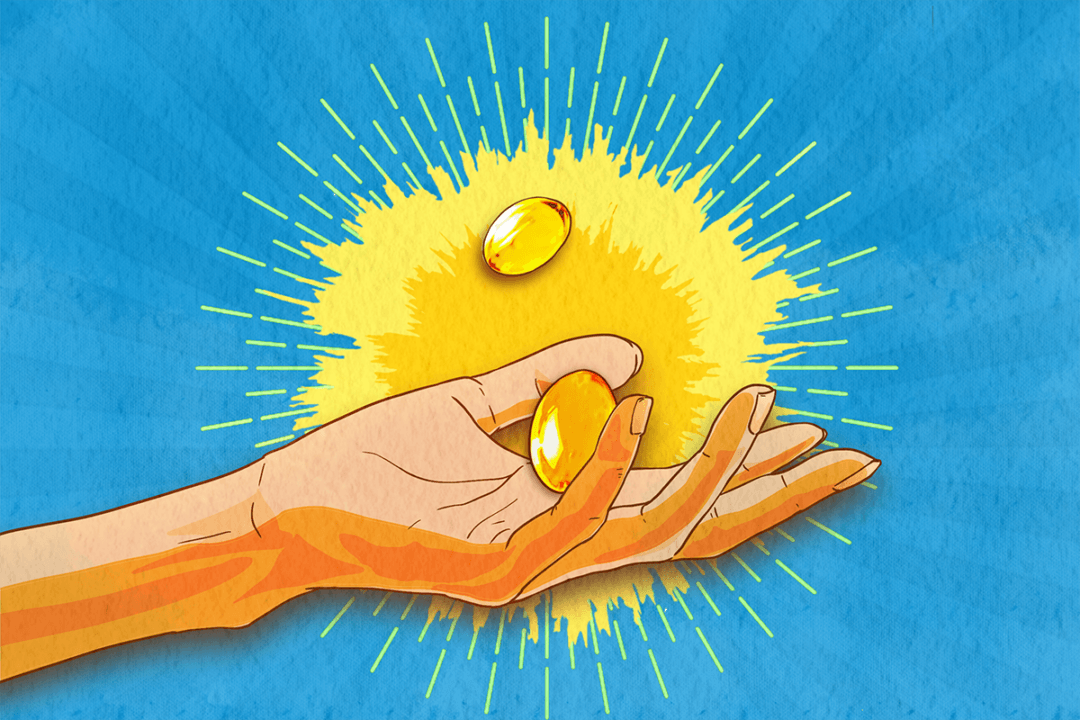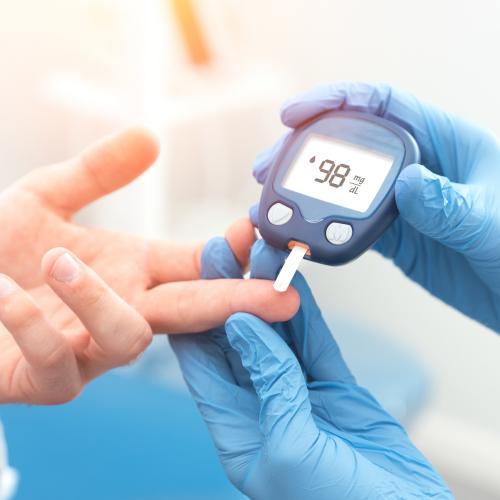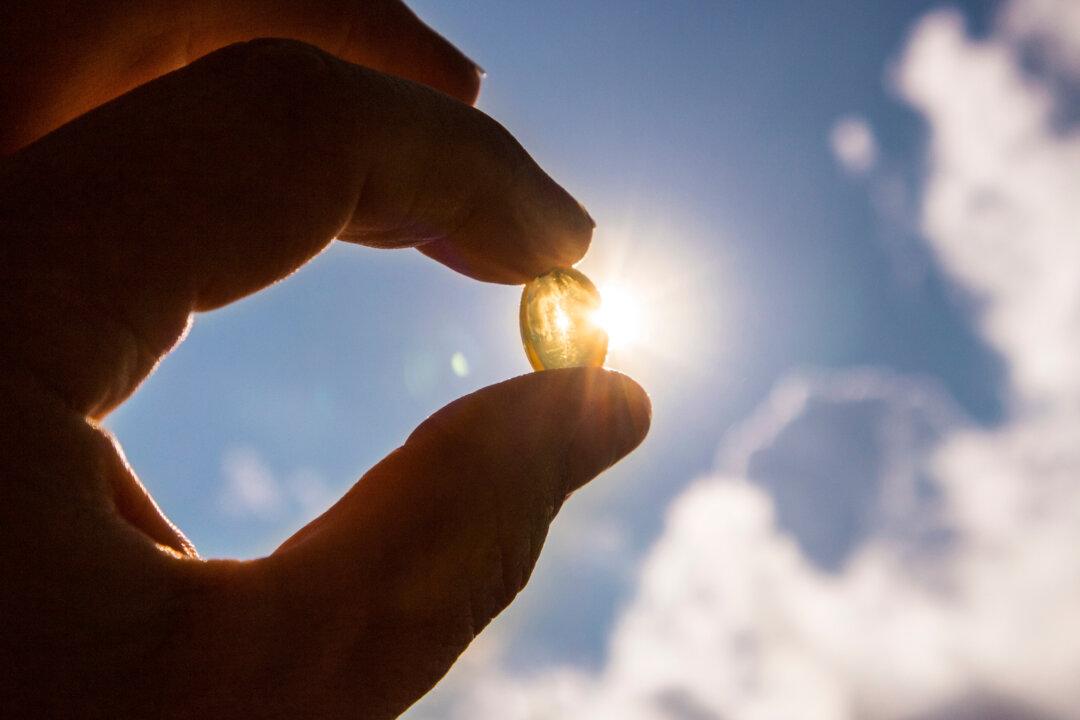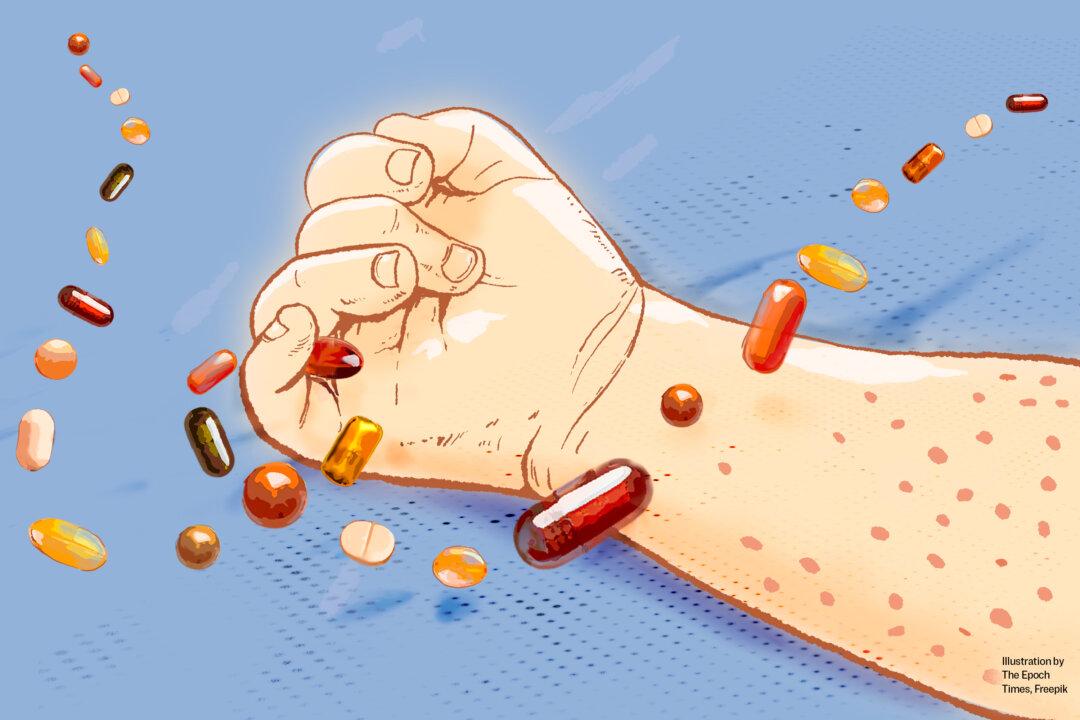Focus
vitamin D
LATEST
Sunlight Boosts Mood, Immunity, and Energy, but When Is the Best Time to Get It?
How to maximize the benefits while minimizing the risks.
|
New Tool Reveals Vitamin D Deficiency Risks in Japan
Learn about the critical health implications of vitamin D deficiency, especially for pregnant women.
|
Vitamin D Supplementation During Pregnancy Improves Children’s Bone Density for Years
This can potentially reduce the risk of fractures and osteoporosis later in life, but the average prenatal vitamin may not contain enough.
|
Vitamin D Supplements Lower Blood Pressure in Older Adults With Obesity: Study
Higher doses don’t provide additional benefits, according to the new research.
|
Low Vitamin D Levels Linked to Slower Healing in Children’s Fractures
Recent research stresses the importance of vitamin D in bone healing in children.
|
Customized Vitamin D Supplementation Can Improve Cardiovascular Health
Targeted doses of Vitamin D offer different benefits for different population groups.
|
Vitamin D's Identity Crisis: Why Experts Are Saying 'No' to Routine Testing
A recent analysis indicates that vitamin D testing and supplementation aren’t necessary for most people.
|
Risk of Rickets Reduced With Maternal Vitamin D Supplementation
Women who supplemented vitamin D both during pregnancy and six months postpartum reduced their babies’ chances of developing rickets, a recent study shows.
|
Infertility After Vaccination? Dr. Kimberly Biss Explains the Data
Dr. Kimberly Biss is a board-certified OBGYN observed disturbing trends in her patients once the COVID-19 genetic vaccines rolled out in 2021.
|
|
Not All Sunshine–The Reality of Vitamin D Supplementation
Vitamin D is a nutrient we derive from foods and sun exposure as well as a hormone made by our bodies. Essential for our health, knowing how to take it is key.
|
Vitamin D: The Sunshine Vitamin and Its Notable Benefits
In the United States, nearly one-quarter of individuals have insufficient or deficient vitamin D blood levels, which can impact bone and overall health.
|
Vitamin D Could Help Treat Young People With Type 1 Diabetes, Improve Insulin Production
A new study shows vitamin D improves the function of insulin-producing cells and extends the ‘honeymoon phase’ of the condition in young people.
|
Surprising Remedies for Measles Might Have Saved Many Lives
Recent measles outbreaks have reignited discussions about the vaccine. But does a vaccine resolve the problem, or are there more effective ways to prepare?
|
New Study Suggests Tripling Recommended Amount of Vitamin D
Some researchers say current vitamin D recommendations are insufficient to prevent deficiency and disease.
|
Sunlight Boosts Mood, Immunity, and Energy, but When Is the Best Time to Get It?
How to maximize the benefits while minimizing the risks.
|
New Tool Reveals Vitamin D Deficiency Risks in Japan
Learn about the critical health implications of vitamin D deficiency, especially for pregnant women.
|
Vitamin D Supplementation During Pregnancy Improves Children’s Bone Density for Years
This can potentially reduce the risk of fractures and osteoporosis later in life, but the average prenatal vitamin may not contain enough.
|
Vitamin D Supplements Lower Blood Pressure in Older Adults With Obesity: Study
Higher doses don’t provide additional benefits, according to the new research.
|
Low Vitamin D Levels Linked to Slower Healing in Children’s Fractures
Recent research stresses the importance of vitamin D in bone healing in children.
|
Customized Vitamin D Supplementation Can Improve Cardiovascular Health
Targeted doses of Vitamin D offer different benefits for different population groups.
|
Vitamin D's Identity Crisis: Why Experts Are Saying 'No' to Routine Testing
A recent analysis indicates that vitamin D testing and supplementation aren’t necessary for most people.
|
Risk of Rickets Reduced With Maternal Vitamin D Supplementation
Women who supplemented vitamin D both during pregnancy and six months postpartum reduced their babies’ chances of developing rickets, a recent study shows.
|
Infertility After Vaccination? Dr. Kimberly Biss Explains the Data
Dr. Kimberly Biss is a board-certified OBGYN observed disturbing trends in her patients once the COVID-19 genetic vaccines rolled out in 2021.
|
|
Not All Sunshine–The Reality of Vitamin D Supplementation
Vitamin D is a nutrient we derive from foods and sun exposure as well as a hormone made by our bodies. Essential for our health, knowing how to take it is key.
|
Vitamin D: The Sunshine Vitamin and Its Notable Benefits
In the United States, nearly one-quarter of individuals have insufficient or deficient vitamin D blood levels, which can impact bone and overall health.
|
Vitamin D Could Help Treat Young People With Type 1 Diabetes, Improve Insulin Production
A new study shows vitamin D improves the function of insulin-producing cells and extends the ‘honeymoon phase’ of the condition in young people.
|
Surprising Remedies for Measles Might Have Saved Many Lives
Recent measles outbreaks have reignited discussions about the vaccine. But does a vaccine resolve the problem, or are there more effective ways to prepare?
|
New Study Suggests Tripling Recommended Amount of Vitamin D
Some researchers say current vitamin D recommendations are insufficient to prevent deficiency and disease.
|











